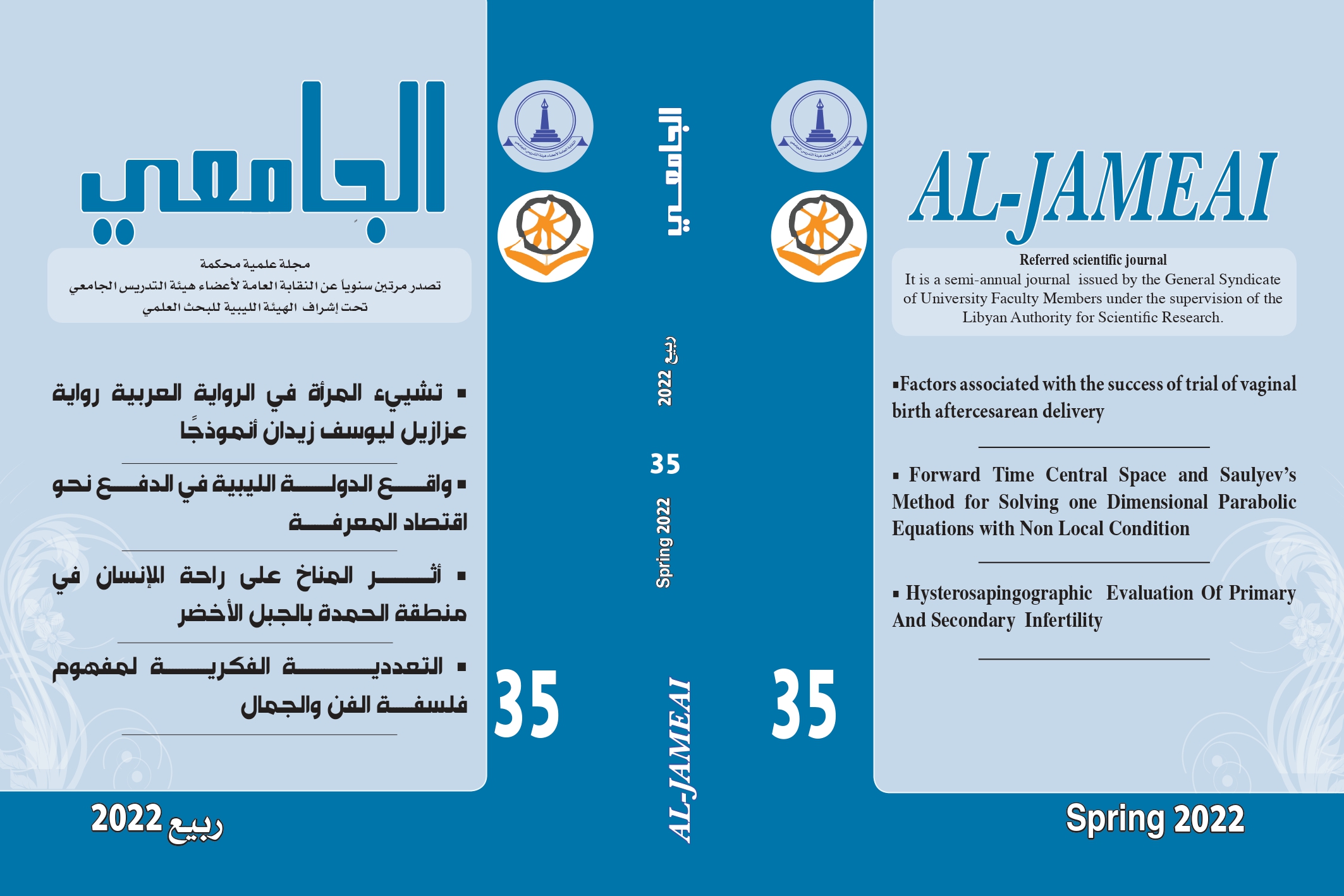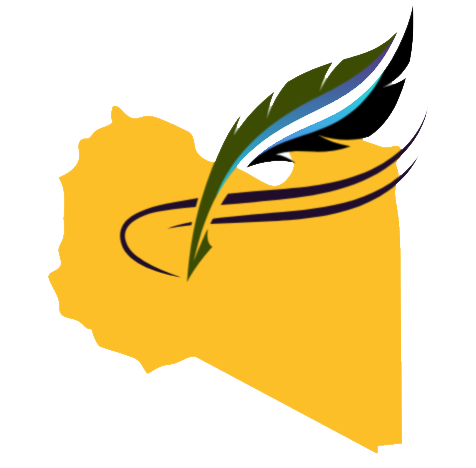واقع الدولة الليبية في الدفع نحو اقتصاد المعرفة
Abstract
الملخص:
هدفت هذه الدراسة وباستخدام المنهج الاستقرائي إلى تسليط الضوء على واقع الدولة الليبية في الدفع نحو اقتصاد المعرفة، وتقديم المقترحات التي من شأنها أن تدعم تحول الدولة الليبية نحو الاقتصاد الجديد، توصلت الدراسة ومن خلال استقراء العديد من الدراسات والأدبيات التي تناولت هذا الموضوع إلى نتيجة مفادها أن الدولة الليبية سعت جاهدة نحو التحول المعرفي لبناء اقتصاد قائم على تنمية مجموعة البحث والتطوير رغم إهمالها لمجموعة الحوافز الاقتصادية ناهيك عن انعدام الاستقرار السياسي والأمني والانقسام المؤسسي، كذلك اتساع الفجوة المعرفية والتي تحول دون تطبيق تحول أمثل ناجم عن غياب ثقافة الإنتاج وسيادة ثقافة الاستهلاك بالمجتمع وهذا ما يبرر الانخفاض المستمر في مؤشرات الاقتصاد المعرفي للدولة الليبية مقارنة بالدول العربية بشكل عام والدول المجاورة بشكل خاص، كما وقد توصلت الدراسة إلى وجود العديد من الصعوبات لإجراء التقييمات التي تتناول قياس مؤشرات الاقتصاد المعرفي بالدولة الليبية نسبة إلى شح الدراسات والتقارير الصادرة ولصعوبة استجلاب البيانات من المراكز البحثية والمؤسسية ذات العلاقة.
أوصت الدراسة بضرورة تنويع مصادر دخل الدولة وتهيئة المناخ الاستثماري في الطاقات المتجددة استنادا للموقع الاستراتيجي للدولة الليبية، والتركيز على التنمية البشرية وخلق راس مال بشري قائم على المعرفة بالتدريب والتطوير المستمر، وتخصيص جزء من الإنفاق العام على البحث والتطوير والابتكار وتهيئة المناخ الاستثماري أمام المشروعات الصغيرة والمتوسطة، كذلك أوصت الدراسة بإدماج ثقافة الإنتاج في المناهج التعليمية واستحداث قوانين وتشريعات تدعم مجموعة الحوافز الاقتصادية.
Abstract:
Using an inductive approach, this research sought to shed light on the Libyan state's progress toward a knowledge economy, as well as to provide ideas to aid the Libyan state's transition to a new economy.
The research, by extrapolating many studies and literature that dealt with this subject, concluded that the State of Libya has strived towards a knowledge transformation to build an economy based on the development of the group of research and development, despite its neglect of the set of economic incentives, not to mention "let alone" the political and security instability and institutional partition.
As well as the widening of the knowledge gap, which prevents the implementation of an optimal transformation as a result of the absence of a culture of production and the dominance of a culture of consumption in society, which justifies the Libyan state's continuous drop in indicators of the economy of knowledge in comparison to Arab countries in general and neighboring countries in particular.
The study also discovered that there are numerous challenges in conducting assessments that deal with measuring the indicators of the Libyan state's knowledge economy due to a lack of studies and reports issued, as well as the difficulty in obtaining data from relevant research and institutional centers.
The study recommended diversifying the state's sources of income and creating an investment climate in renewable energies based on Libya's strategic location, focusing on human development and creating human capital based on knowledge through training and continuous development, allocating a portion of public spending to research, development, and innovation, and creating an investment climate for small and medium enterprises.
The research also suggested incorporating production culture into school curricula, as well as originating rules and regulations that promote a system of economic incentives.
Downloads









